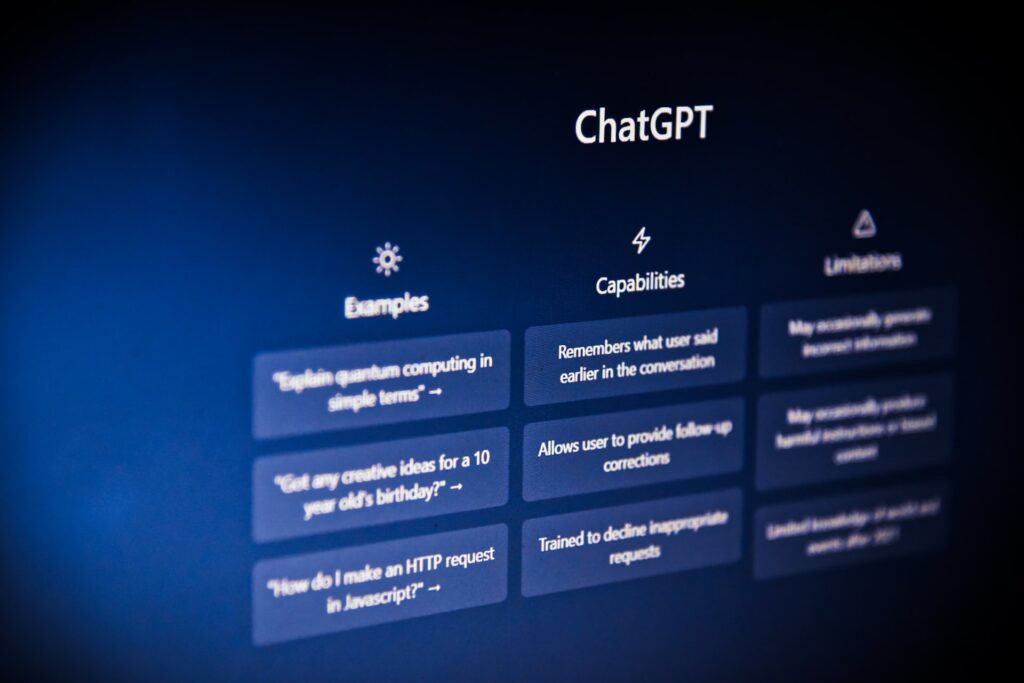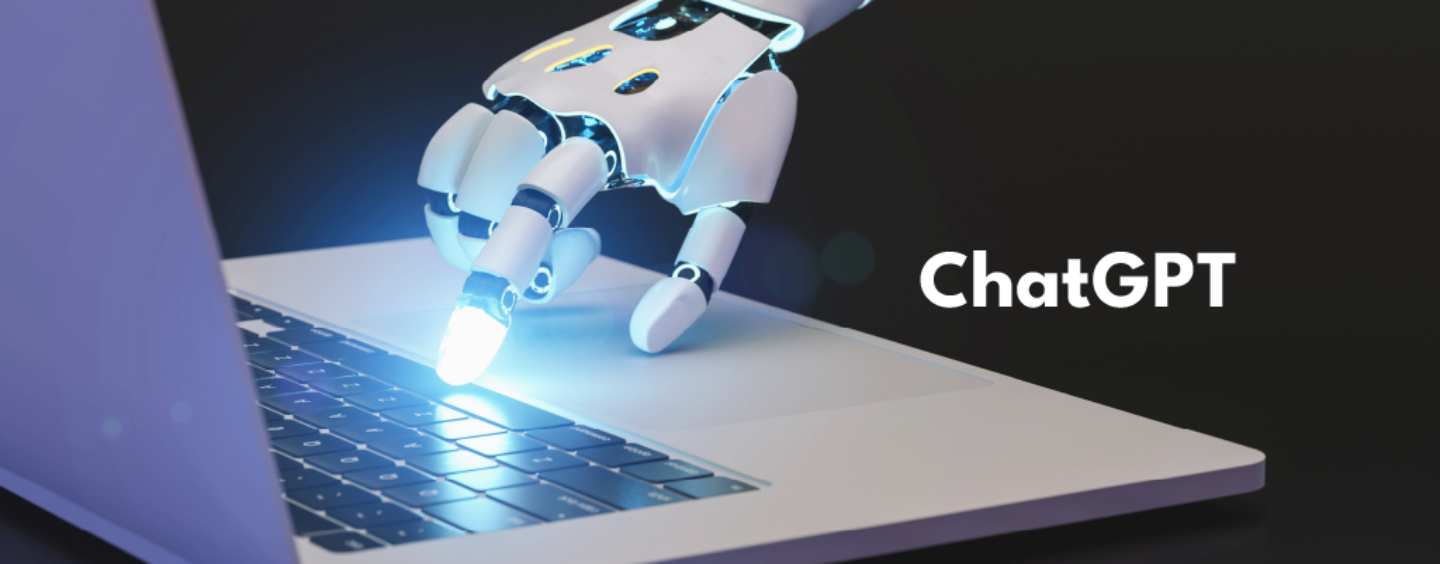Since its release in November 2022, artificial intelligence (AI)-powered chatbot ChatGPT has sent the tech world abuzz. The viral application, which allows users to ask questions and then answer these questions with human-like responses, has triggered a heated race among bigtech companies.
Companies like Google, Microsoft and Baidu are all accelerating the development of their own AI chatbots, doubling down on the much-hyped generative AI, a term that refers to algorithms that are capable of creating new content, including text, audio and images.
Just this month, news broke that Google had invested almost US$400 million in AI startup Anthropic, a company that’s testing a rival to ChatGPT called Claude, a person familiar with the deal told Bloomberg.
Anthropic is an AI startup and public-benefit corporation co-founded by former employees of OpenAI, the company behind ChatGPT. The startup specializes in developing general AI systems and language models, with a company ethos of responsible AI usage.

image via Unsplash
Both Google and Anthropic declined a comment request from Bloomberg, but separately announced a partnership between one another, which will see the startup use Google’s cloud computing services. Anthropic said in a statement that the tie-up “is designed so that the companies can co-develop AI computing systems.”
The news of the Google-Anthropic deal preceded by just a few days the unveiling of Google’s new AI chatbot tool. Called Bard, the conversational AI service is powered by the firm’s Language Model for Dialogue Applications (LaMDA) and uses information found on the web to formulate responses. Bard is currently opened to “trusted testers” but the company plans to make it available to the public in the coming weeks.
Google’s recent AI initiatives are another testament of the firm’s commitment to the technology and showcases how the company intends to use AI to enhance its search business. Alphabet CEO Sundar Pichai said in the firm’s fourth quarter earnings report that Google planned to release chatbots “in the coming weeks and months” and intended for consumers to use these products “as a companion to Search.”
OpenAI’s ChatGPT quickly went viral after its release on November 30, 2022, impressing both users and technologists with its ability to mimic human language and speaking styles, all the while providing coherent and topical information.
The AI chatbot surpassed one million users in just five days, and in January, it surged past the 100 million monthly active users mark, becoming the fastest-growing consumer app in history, according to analysts at Swiss bank UBS.
The rise of ChatGPT has sparked a frenzy in the tech community and prompted most industry leaders to ramp up AI development.
In January, Microsoft invested a staggering US$10 billion in OpenAI, a deal that marked the third phase of the partnership between the two companies and which followed previous investments from the tech giant in 2019 and 2021.
The capital infusion was followed shortly after by the announcement that Microsoft’s Bing search engine and Edge web browser will be enhanced with AI chatbots.
The new AI-powered Bing application, which was made available in preview on February 07, runs on a more advanced and powerful OpenAI large language model than the one that underpins ChatGPT, the company said in a statement. The model was customized for search and aims to “unlock a completely new way to interact with the web” by “reimagining how [users] interact with search, browser and chat by pulling them into a unified experience,” it said.
Chinese tech giants follow suit
The past couple of weeks have also seen a growing number of Chinese tech firms announcing their own AI chatbot projects, showcasing how far the buzz around OpenAI’s ChatGPT has spread.
This month, Chinese search giant Baidu said that it will soon launch a bilingual AI text generator called Ernie Bot. Ernie, which stands for Enhanced Representation through Knowledge Integration, will be able to perform tasks including language understanding, language generation and text-to-image generation, the company said.
Ernie Bot is based on a language model of the same name that Baidu introduced in 2019. According to the firm, the model has 260 billion parameters, making it larger than ChatGPT’s current GPT-3 training model, which has 175 billion parameters.
A person familiar with the matter told Reuters in January that the initial plan is for Ernie Bot to exist as a standalone app, before being gradually integrated into Baidu’s search engine.
Internal testing of the chatbot will likely be completed in March, following which the app will be made available to the public.
Similarly, e-commerce giant Alibaba announced last week a ChatGPT-style tool. Designed for its cloud computing customers, the app is currently in internal testing. No timetable for service launch has so far been provided.
JD.com, one of the China’s top three online retailer platform operators, is also looking to launch a product similar to ChatGPT. The product, called ChatJD, will be aimed at serving other businesses.
And Tencent, a multinational tech conglomerate and the owner of China’s leading super-app WeChat, said last week that it was conducting research on generative AI. A company representative told the South China Morning Post that a strategy in related technologies had already been laid out.
Featured image credit: edited from freepik






